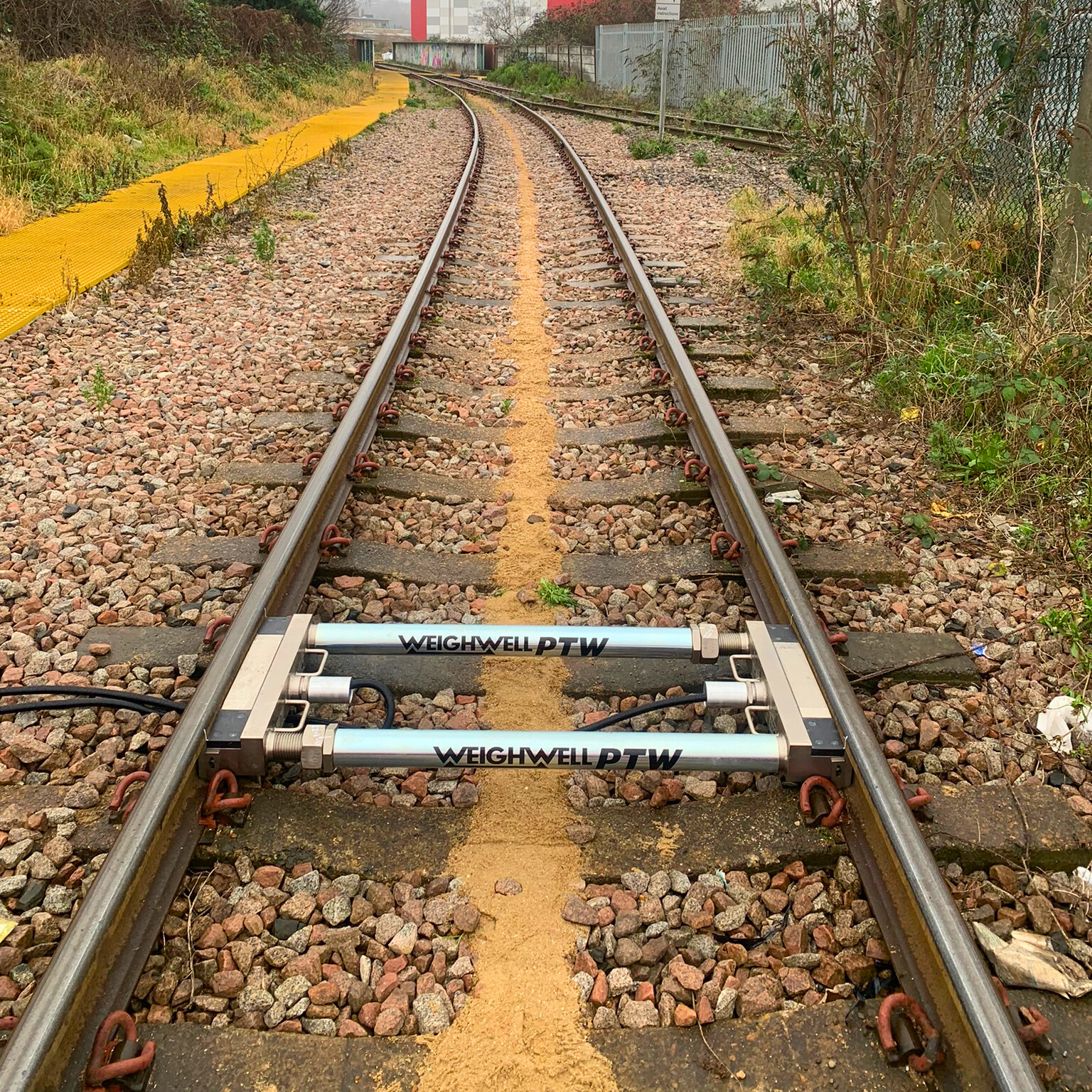Enhancing Safety, Load Management & Maintenance Through Freight Wagon Weighing
Why Weigh Freight Wagons?
To ensure safe and compliant operations, rail freight wagons must be weighed regularly. Overloading or uneven distribution puts unnecessary stress on both rolling stock and track infrastructure. It also increases the risk of derailments, penalties and costly repairs. By maintaining proper weight limits and load distribution, weighing helps extend asset life and safeguards the rail network.
Reliable weight data also supports efficient loading. Operators can maximise payloads without exceeding thresholds, improve fuel economy and reduce unnecessary wear. Properly balanced wagons contribute to smoother handling and help lower long-term maintenance costs.
Regular weighing can reveal mechanical issues that might otherwise go unnoticed. Detecting these issues early allows maintenance teams to act quickly—avoiding downtime and protecting rolling stock. In short, effective weighing plays a key role in keeping freight moving safely and efficiently.
Freight Wagons Explained
Also referred to as freight cars, these vehicles are designed to move bulk goods efficiently across long distances. Optimised for heavy loads, they remain a cornerstone of rail-based logistics. Here’s what makes them different:
High Load Capacity & Durability
Freight wagons are engineered to carry heavy loads over long distances. Their robust design enables maximum cargo capacity and makes them essential for reliable goods transport across the rail network.
Specialised Wagon Types for Varied Cargo
From open-top, flat cars and container cars, freight wagons are tailored for different cargo types. This ensures goods—whether raw materials or machinery—are securely loaded and protected during transit.
Minimal Passenger Features
Designed solely for cargo, freight wagons lack the comfort and amenities of passenger railcars. Every aspect of their construction prioritises load capacity, durability and efficient handling throughout the journey.
Critical for Modern Supply Chains
Freight wagons keep global supply chains moving—linking producers, warehouses and distribution hubs. Their reliability ensures a consistent flow of goods across regions, supporting trade and economic stability.


